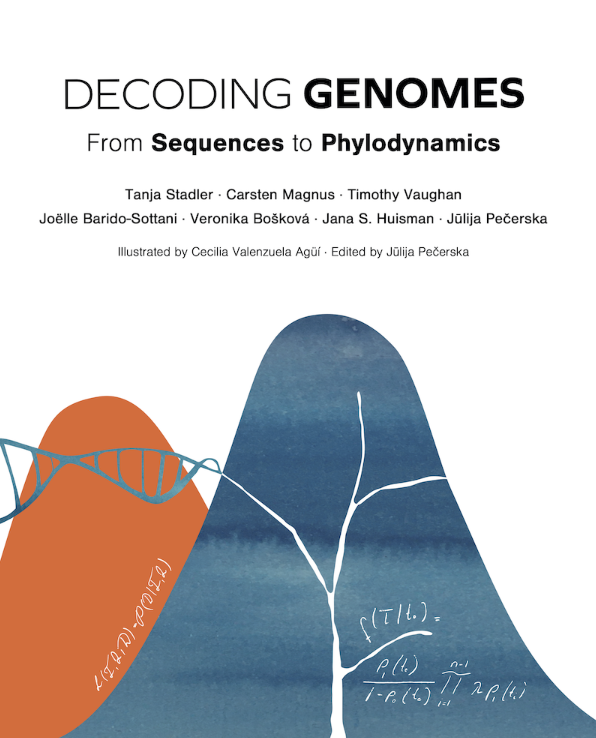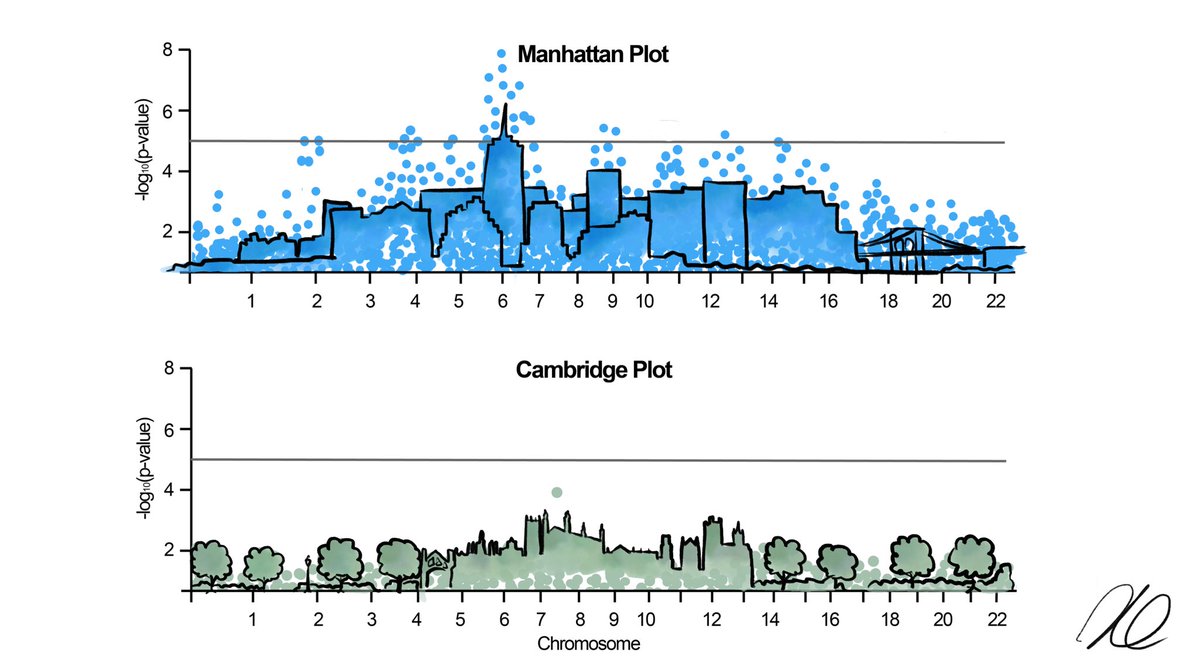
Yanying Yu
@yanyingyu
Bioinformatics; PostDoc @BostonChildrens; PhD @Helmholtz_HIRI; #CRISPR genome-wide screening; #scWGS #scRNA in #bacteria; fighting #AMR
ID: 2765703996
25-08-2014 08:29:20
202 Tweet
120 Followers
337 Following

Latest with Beisel Lab and Yanying Yu: Expanding the flexibility of base editing for high-throughput screens in bacteria. academic.oup.com/nar/advance-ar…

Looking to perform genome-wide screens in bacteria? 🦠 Look no further than base editors—with a few tweaks #HIRI’s Beisel Lab Lars Barquist Yanying Yu introduced to enhance the number of targetable sites. #baseediting #CRISPR #Cas9 doi.org/10.1093/nar/gk…




The findings were published today in Nucleic Acids Res: doi.org/10.1093/nar/gk… Congratulations to all authors! 👏🥳 Yanying Yu Beatriz Beamud @LisaOsbelt StrowigLab Sylvain Brisse Lars Barquist Prof. Udi Qimron 😏 אודי קימרון David Bikard Beisel Lab
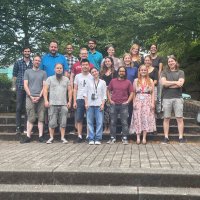
Thrilled to share TAC–TIC, a high-throughput genetics method to identify triggers or blockers of bacterial toxin-antitoxin systems. Led by Jacob Bobonis and Alessio Yang, it allows screening thousands of genes against any TA or Abi (with toxicity) in a week. nature.com/articles/s4159…






🚨BREAKING: the The Royal Society publishes "Science in the Age of AI - How AI is changing the nature and method of scientific research," and it's a must-read for everyone interested in AI & science. Important information: ➡️According to the official release, the report addresses
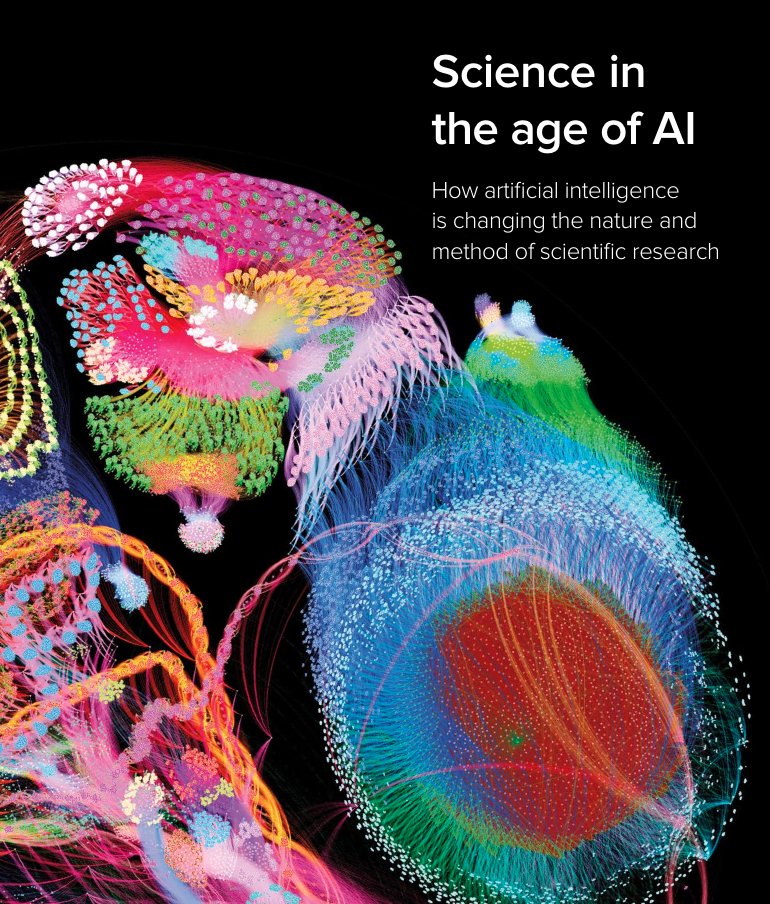
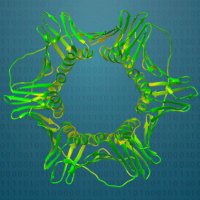

What if there was an antibiotic that doesn't disrupt the gut microbiome? There is now. A discovery published nature today nature.com/articles/s4158… Paul Hergenrother and colleagues University of Illinois justsaysinmice
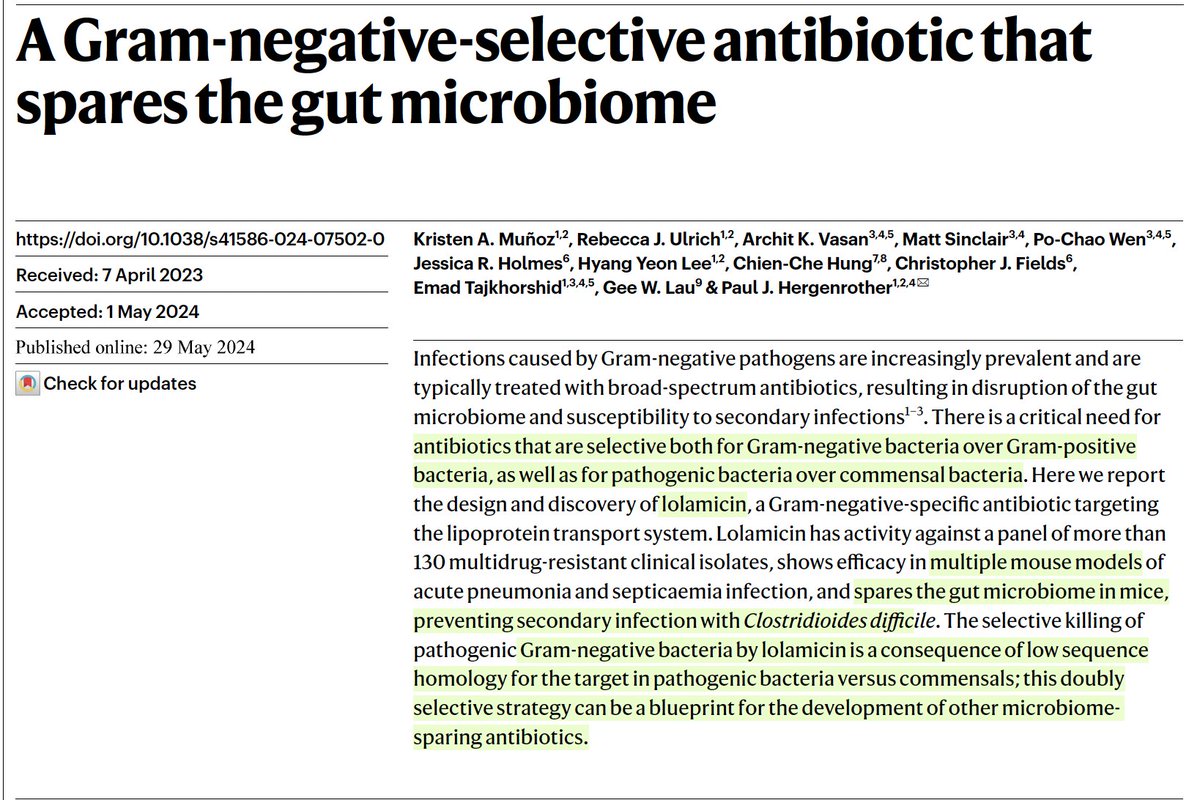

Bacteria possess unique traits with great potential for benefiting society. However, current genetic engineering methods to harness these advantages are limited to a small fraction of bacterial species. 👨🔬🦠 Researchers from #HIRI & NC State University have now addressed this issue. (1/3)





Interested in predicting AMR in bacteria? We show ignoring phylogenetic structure in genome collections leads to overly optimistic evaluations of machine learning methods for AMR prediction. With Yanying Yu and Nicole Wheeler. biorxiv.org/content/10.110…


